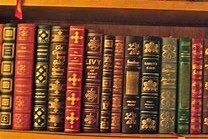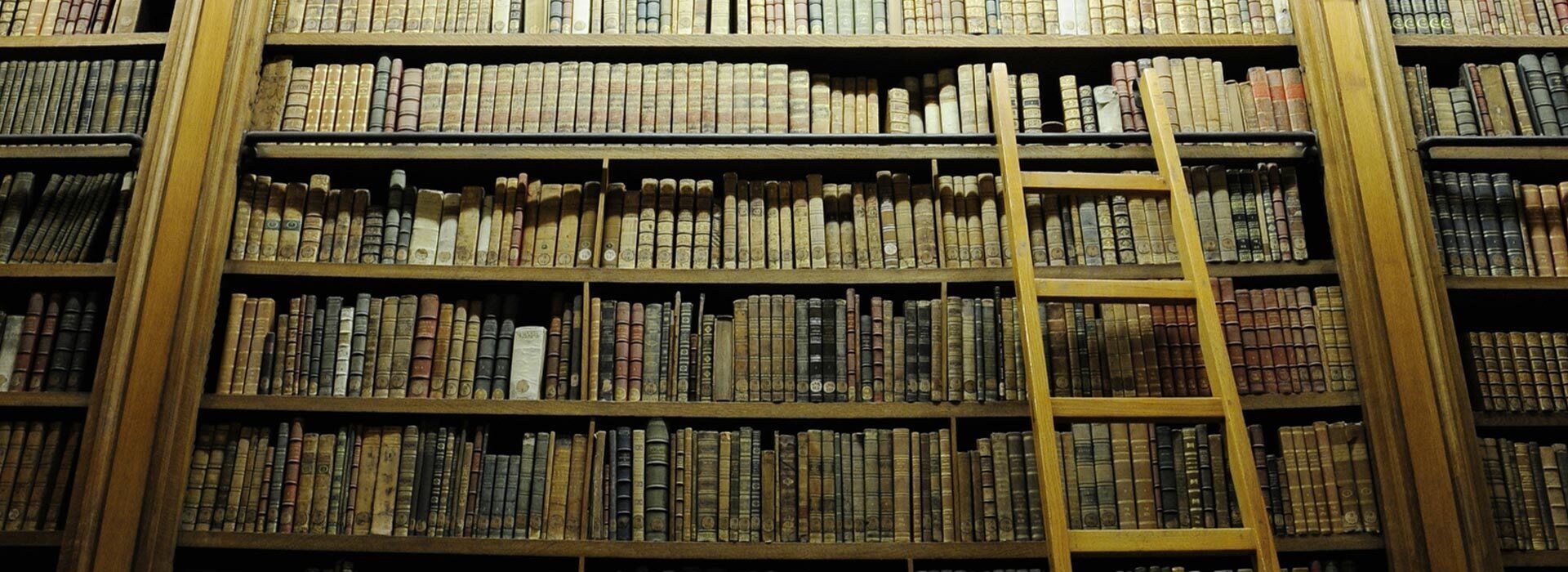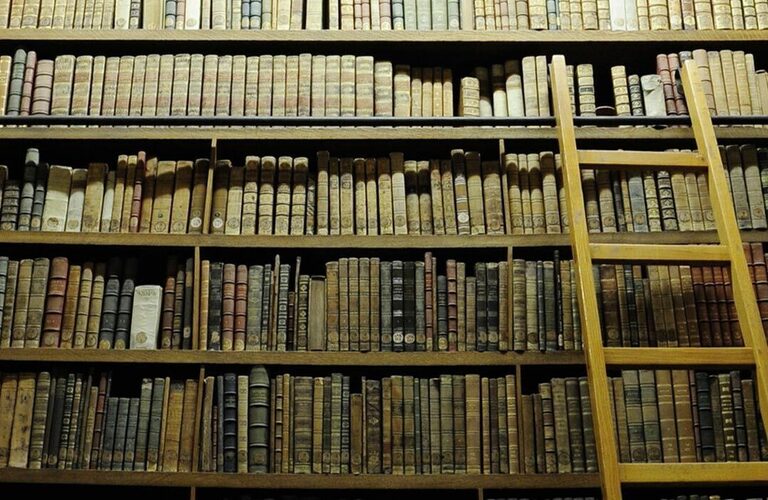
posted 1st July 2023
Some novels are remembered, some novels are forgotten before they’re even published and some live for a time and die a slow death. What makes a novel enter the public consciousness? Catch 22 never hit the top of the best seller’s chart but the title of Joseph Hellers classic war tale has become entwined with modern language. George Orwell’s 1984 has given us phrases that are used more than seventy years after its publication. Thought Police. Room 101. War is Peace. The novel is referenced to describe regimes like North Korea. The term Orwellian has become part of the course when writing about totalitarianism. The work of Charles Dickens defined the mid Victorian period with classics like Oliver Twist used to highlight poverty and destitution during the industrial era. Ian Fleming’s James Bond bought to life the intoxicating world of espionage.
When F. Scott Fitzgerald first published the Great Gatsby in 1925 the sales only just touched respectable and, compared to the novels profile now, seemed a damp squib. Fitzgerald, who died in 1940, never lived to see the impact the novel has had on public dialogue. After the financial crash of 2008 many saw the historical parallels between the jazz era of the 1920’s followed by the Wall Street Crash of 1929, and the excesses of the previous decade before the meltdown of 2008. The novel was bought further back into the public realm by the 2013 movie adaptation starring Leonardo Di Caprio as Jay Gatsby. Fitzgerald’s most famous work is referenced to praise or denounce decadence and excess.
Some writers and the books they write define an era. John La Carre opened up the Cold War with books like Tinker, Taylor, Soldier, Spy. Mario Puzzo’s the Godfather played on the Mafia mania of the late 1960’s. Erich Maria Remarque’s All Quiet on the Western Front tapped into the widely held view that WW1 had been an epic disaster for European Civilisation. Robert Louis Stevenson's Treasure Island was written at a time where dashing adventures to the New World were creating an empire. Novels go down in literary history when they become intimately connected to a period of history. The books replicate the spirit of an age. They allow a reader to engage with history in literary form. Like artists defining the life of a monarch before the digital age, novelists can document history as well as any historian.




